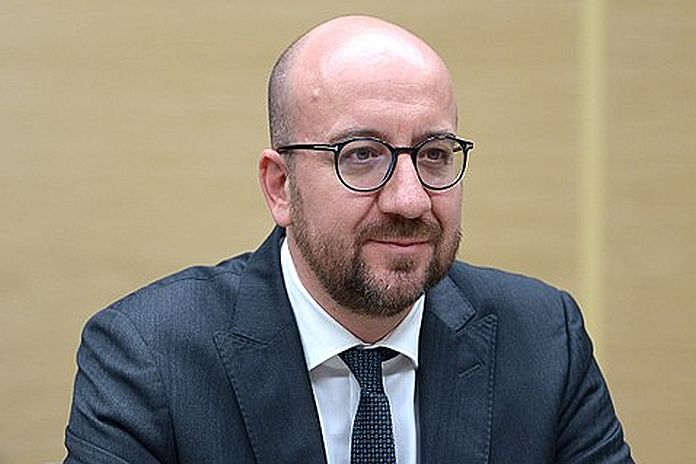The following remarks were delivered by President Charles Michel at the International conference in support of the Lebanese people.
BRUSSELS, Belgium — The explosion on August fourth made a fragile situation even more fragile. I visited Lebanon just four days after the explosion – I saw the devastation with my own eyes. And spoke with the people of Beirut.
Lebanon already faced many challenges. In particular, a deep economic and political crisis, made worse by COVID-19. Following the explosion, the European Union stepped up with immediate support to Lebanon to address the most urgent humanitarian needs. In total, we mobilised more than 70 million euros for immediate emergency needs. And we will continue to play an active role in providing assistance to the Lebanese people.
We are currently adapting our assistance programmes to focus on economic and social recovery. To improve governance, support civil society, revive the local and national economy, and restore essential services. And we are adapting the activities of our Trust Fund for the Syrian crisis. We want to improve our support for Syrian refugees to better address economic, social and medical needs. This totals almost 100 million euros in additional funding. And this is on top of at least 69 million euros of humanitarian assistance pledged so far by EU Member States. And we have carried out — with the UN and the World Bank — a “Rapid Damage and Needs Assessment” to define the most pressing reconstruction needs.
I’m pleased to announce today that with those partners we have established a “Reform, Recovery and Reconstruction Framework” to put the findings into action. But now we must look resolutely to the future. It’s time for the country’s leaders to come together and take the needed decisions to change course. This is the only way Lebanon will address these challenges. This will be a difficult process. But a transparent and accountable government must be formed to carry out the necessary reforms. And negotiations with the IMF have to be resumed as soon as possible.
The engagement of civil society — especially women and youth — will be key to gaining the confidence of the Lebanese people. The European Union will continue to support a people-centred recovery. But beyond this emergency support, the assistance necessary for reconstruction will depend on concrete progress on reforms.
We are committed to the unity, sovereignty, stability, independence and territorial integrity of Lebanon. We also stress the importance of continuing to respect the Baabda Declaration on the policy of dissociating from all regional conflicts.
President, secretary-general, Lebanon is a friend and a key, long-standing partner of the European Union. The Lebanese people can count on us.





